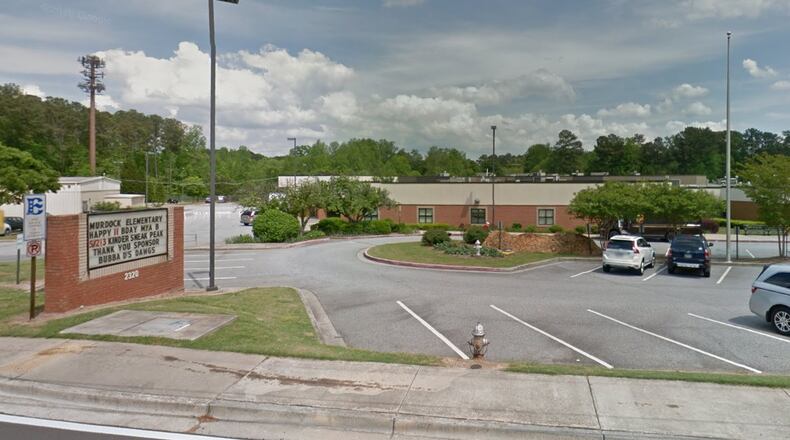LAST WEEK: SHOULD ALL DEVELOPMENT PROJECTS GET TAX ABATEMENTS?
With Dunwoody a hotbed of development, insurance company State Farm has committed to a 17-acre campus near Perimeter Mall. After the fact, it had sought tax abatements then withdrew the request. But the company says it will seek incentives for planned development.
City officials have said that they don’t see the need to lure someone to town who is already there. Others say it’s the cost of doing business and keeping good relationships with desirable businesses. We asked readers what they thought.
Here are some responses:
If the math makes sense, have the tax payers fund the business development. But as I have read over the years the promised payback from the businesses getting the tax breaks NEVER materializes. Unfortunately there are too many folks who will decide and favor the tax break based on the hype from the businesses and not the facts. And somehow the hype always wins! — Joe Saurini
The entire system has gotten out of hand and has become a needless giveaway of taxpayer money to corporations. If the company is already here, they have concluded that it's a good business decision to be here and don't need any further incentive. If it's not a good business decision to locate here, they should go elsewhere. — Glenna Stanhouse
Tax abatements would make more sense if there were more stringent requirements that accompanied them to ensure the public good from a public benefit. There should be measurable local hiring and subcontracting requirements, clear monitoring and reporting, and claw back provisions so if the goals are not fully achieved, there is a pro-rata return of the tax benefits. — Natallie Keiser
Cobb County and Marietta will ask voters in the spring to agree to continue a penny sales tax to fund school projects. Marietta school board members will decide on Oct. 18 on the project list. Cobb school board members will decide on Oct. 27 what projects will make the cut. A 228-page project list for Ed-SPLOST V has been made available to the public at cobbk12.org.
For Cobb and Marietta schools, that money can be used only for new or replacement facilities, additions or modifications to facilities, infrastructure, individual school needs, safety/security/support and academic/technology - but not for salaries.
Once the board approves a list, there is no provision for any new projects. Residents will vote on March 21 if they’re willing to pay an extra penny in sales tax for these projects from 2019 to 2023. The projected revenue is $759 million for Cobb and nearly $67 million for Marietta.
In addition to the public comments allowed during the twice-monthly meetings of the Cobb school board, public comment meetings also allowed for input. Public discussion will be allowed before the Cobb County Board of Education on Oct. 12 and Oct. 27 and before the Marietta Board of Education on Oct. 18.
So far, the only request has come to Cobb school board members from parents of students at Murdock Elementary in the Marietta area. They want to replace the school’s 30-year-old “temporary” wing. They say their children are having respiratory difficulties from mold damage. The Cobb school district said an independent contractor tested for mold and found none at Murdock.
So have both school districts come up with near-perfect project lists? Has there been an adequate attempt to get public input? Or have residents largely ignored the process? Should there be a way to change the project lists once they’re voted on? Tell us what you think. Send comments to communitynews@ajc.com.
About the Author

